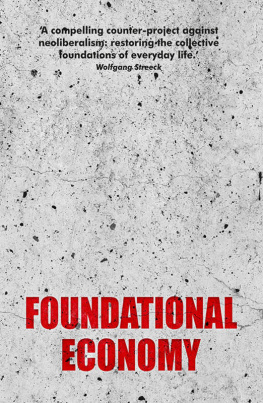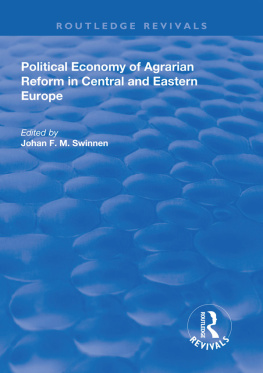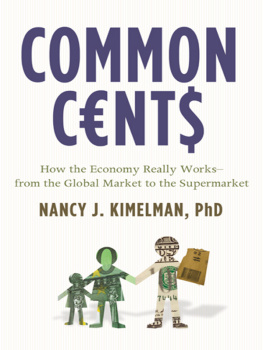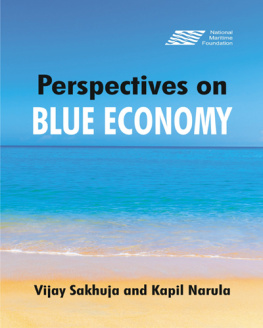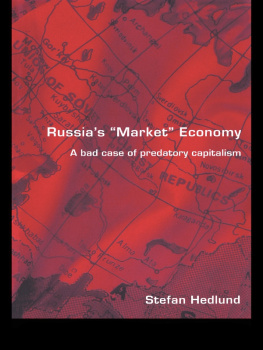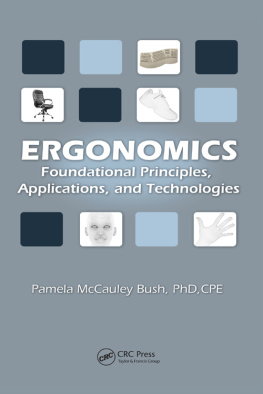The Manchester Capitalism book series
GENERAL EDITORS: JULIE FROUD AND KAREL WILLIAMS
Manchester Capitalism is a series of books which follows the trail of money and power across the systems of our failing capitalism. The books make powerful interventions about who gets what and why in a research based and solidly argued way that is accessible for the concerned citizen. They go beyond critique of neo liberalism and its satellite knowledges to re-frame our problems and offer solutions about what is to be done.
Manchester was the city of Engels and Free Trade where the twin philosophies of collectivism and free market liberalism were elaborated. It is now the home of this venture in radical thinking that challenges self-serving elites. We see the provincial radicalism rooted here as the ideal place from which to cast a cold light on the big issues of economic renewal, financial reform and political mobilisation.
Already published:
The end of the experiment: From competition to the foundational economy
What a waste: Outsourcing and how it goes wrong
Licensed larceny: Infrastructure, financial extraction and the global South
The econocracy: The perils of leaving economics to the experts
Reckless opportunists: Elites at the end of the establishment
Forthcoming:
Safe as houses: Private greed, political negligence and housing policy after Grenfell
Systems city: A new politics of provision for an urbanized planet
Praise for Foundational Economy
A compelling counter-project against neoliberalism: restoring the collective foundations of everyday life
Wolfgang Streeck, Max Planck Institute for the Study of Societies, Germany
This is an interesting and important contribution to the economic debates going on today. It underlines the centrality of collectivism and universalism as pillars of a decent society, as well as asking searching questions about the kind of solutions we need to the economic problems of our age.
John McDonnell, Shadow Chancellor of the Exchequer
Something has gone very wrong with the British economy. Investment and growth is poor and the proceeds are not fairly shared. Pay is unequal and stagnating for the majority. Too many people are trapped in insecure, low-paid and zero hours work. Outsourcing giants make a killing extracting value from our public services. And affordable housing remains a distant dream, especially for young families. This is the everyday reality that working people face and Foundational Economy sets out a razor sharp analysis of the reasons why. But, more importantly, it delivers practical proposals for change. A smart and dynamic state at a national and local level, democratisation of our communities and workplaces, investment in public services - and those parts of our economy that most people depend on and where most people earn their living. This agenda poses big challenges for policy makers, politicians and civil society alike. But they must be met if we are to have an intelligent industrial policy for economic justice and twenty-first-century public services that meet the needs of every community across the UK. Doing more of the same is not an option. Foundational Economy provides a springboard for the new deal working people need.
Frances OGrady, General Secretary, Trades Union Congress
An essential attempt to transform how we think about economics, a searing critique of where we've gone wrong, and a powerful call for a renewed provincial radicalism. This is a key contribution towards building a more equal and democratic economy and to reconnecting economics and politics with the everyday lives of communities across Britain.
Rachel Reeves MP, Labour Party politician, economist and chair of the Business, Energy and Industrial Strategy Committee
This fascinating book, Foundational Economy, can be seen as a contribution to the debate about measuring, understanding and, ultimately, reshaping economic systems. More than that, it is a critique of existing custom and practice when measuring, understanding and shaping the economy. This critique is as foundational as the book's title. We are some way short of a well-defined and widely-agreed set of new weights and measures for the economy. And we are a long way short of knowing which policy tools best deliver the private and collective goods society needs to flourish. This book tackles head-on some of those big questions about the economy. It also begins the process of providing answers. As in the natural sciences, as an approach I think this offers hope for societal, as well as scientific, advance.
Andy Haldane, Chief Economist, Bank of England
There is now a widespread and growing view that the UK economy has ceased to work effectively for ordinary people. This original and challenging book sets out a compelling argument for why this is happening. You do not have to sign up to every individual point made in the book to recognise the power of the overall argument. At the heart of the book is the idea of the foundational economy, its rise in the municipal era, its fall in the neo-liberal era and how it might be renewed again. The term foundational may not be in everyday use but what it describes represents the essential fabric of our lives the essential infrastructure of energy, water and transport, and the essential services of education, health and care. These are distinguished by being essentially collective goods. They cannot simply be bought by an individual but must be decided by society as a whole. For the last 30 or so years, it has been the accepted wisdom of many politicians and policy makers that these services are best enabled publicly but delivered privately. The book provides a robust challenge to this view. Those looking to find individual policy solutions in this book will be disappointed. It is much more about changing the way we think about economics and society. But is does contain a message of hope in some pretty challenging times. Recommended reading lists for civil servants are quite a common occurrence at Christmas time. This book deserves to be on those lists.
Lord Bob Kerslake, Head of the UK Civil Service, 2011-14
For decades economic policy has been done to people and not with and by them. It has not for the most part focused on the sectors of the economy that matter to people every day or on the communities that most need to benefit. The foundational economy approach represents a move away from grand industrial projects and the unaccountable power of neo-classical economics. In a world of falling living standards, wellbeing in reverse gear, enormous wealth inequality and urgent environmental crises, it is an approach whose time has come.
Andrew Pendleton, Director of Policy and Advocacy at the New Economics Foundation
In the honourable tradition of provincial radicalism, the Foundational Economy Collective open new horizons for social, economic and political renewal with their provocative and yet practical proposals for reconstructing everyday economies. This is not the time for incremental tinkering with the status quo, nor critique solely for its own sake. Instead, Foundational Economy delivers an arresting and imaginative manifesto for rebuilding our communities from the ground up. Founded on a political economy of hope, not despair, this approach is radical in all of the best senses of the word: it cuts to the root of wicked problems, rethinking from first principles; it steadfastly refuses to be cowed or constrained by stale orthodoxies; and it illuminates an alternative pathway, guided by the principles of inclusive citizenship, social innovation, ethical investment, and progressive political renewal. This is a book that is sure to change some minds, and maybe even the future.

